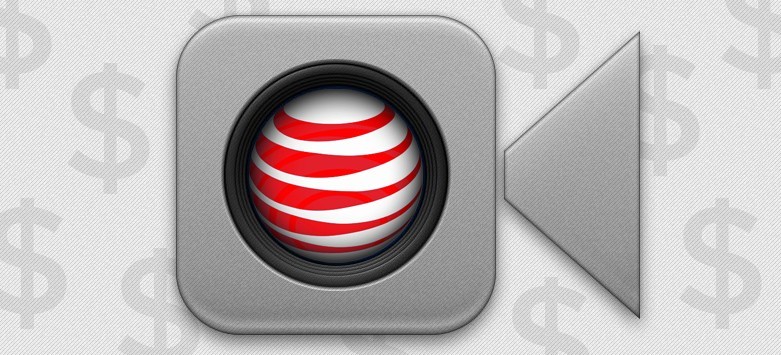
In Your FaceTime, AT&T
When the iPhone 5 launched earlier this year, Apple announced that its video calling app, FaceTime, would now work on mobile networks, rather than only over Wi-Fi connections.
But AT&T had its own announcement: It would block FaceTime unless customers ponied up for a more expensive voice-and-text plan.
We at Free Press couldn’t let AT&T get away with this. We vowed to file a complaint with the Federal Communications Commission unless AT&T changed its ways.
And across the Web, you and thousands of others echoed our outrage. You spoke out about how AT&T’s latest power grab hurt its customers — and violated Net Neutrality.
The protest is paying off. In a major about-face, AT&T has decided to give more iPhone users access to mobile FaceTime without forcing them to upgrade to more expensive plans.
But our work isn’t over yet.
Right now, AT&T is opening up FaceTime only to people using the iPhone 5 or the newest iPad with a limited data plan. If you have an older iPhone or a "grandfathered" unlimited data plan, you're out of luck.
AT&T's reversal shows the power that activists like you have to hold big phone companies accountable when they go too far. If we keep pushing, we can get AT&T to open up FaceTime to everyone. But we need your help to do it.
AT&T says it will expand FaceTime service to "customers on other billing plans in the near future." That's good, but “in the near future” sounds a little vague to us.
If AT&T takes too long to make FaceTime available to all of its customers, we will go forward with our formal complaint at the FCC.
No matter what happens, your support will help us continue to protect the online rights of all mobile users. Please consider a donation to the Free Press Action Fund.